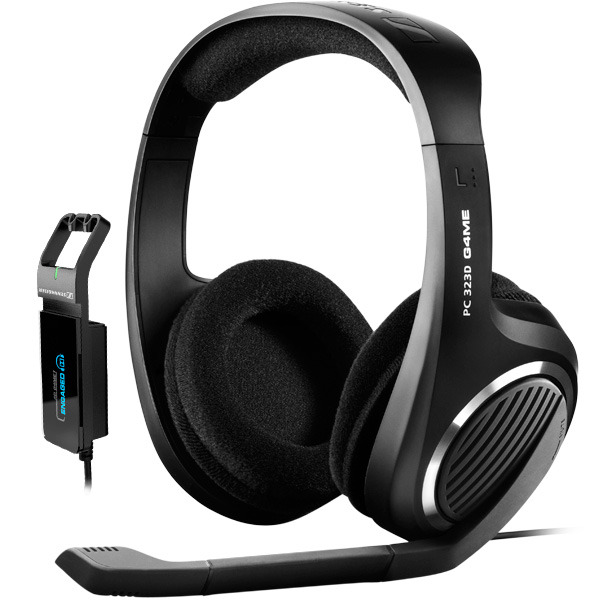I'm REALLY tired of removing the noise later after recording audio on a laptop. What are the main ways to prevent line noise from causing a hum/hiss in the first place? (I.e. computer/monitor/AC ground loop noise.) Does using USB have inherent advantages in avoiding line noise?
I'm not too concerned about ambient noise in the room, and I don't need wonderfully warm or rich sound. Just something nice enough to do screencasts (and Skype--I telecommute) that won't be too tinny. Nor too obviously noise-reduced: a bit of that is fine, but do most USB mics have noise-cancelling software whose aggressiveness can be turned up or down?
The recording system's self noise has always been a problem for me with laptops, even with decent non-USB mics, and laptops with above-average sound cards. Running the laptop unplugged from AC power and monitor does help, but not enough. I currently have an Alienware m15x, with an inexpensive headset (Philips SHM3300) plugged into the mini jacks.
I'm open to a mic-only solution, but a headset is more convenient than trying to find desk space for a mic--maybe I could rig up a metal arm for a straight mic; a wired or wireless lapel mic that clips on could work too.
Logitech has worked well for me and I'm interested in their USB headsets--not sure which model to choose, though. (If other mics are far superior for screencasts etc. I'm open to that.) [EDIT: Sennheiser looks good too.]
I suppose this could be a good way to go: Behringer Xenyx 302USB Mixer http://amzn.com/B005EHILV4 . It's less portable, though compact for a mixer.
Wireless would be nice (my Logitech mouse and keyboard are on one Unifying receiver), especially if wireless headsets tend to avoid the line noise problem altogether. Do they? That is, would a digital (e.g. Bluetooth) headset have an inherent noise advantage over a wire-powered USB headset? In either case, knowing the quality of D/A converter in the device is the main concern when it comes to sound quality in digital mics, right?
BTW, the laptop has a good sound card, I think: IDT 92HD71B7 @ Intel 82801IB ICH9 - High Definition Audio Controller Still, investing in a mic setup that would work equally well on other laptops would be worth a bit more cost to me.

